Argentinian Cinema - A Rich Cultural Legacy
2025/09/09
Years of Culture
false
2025/09/09
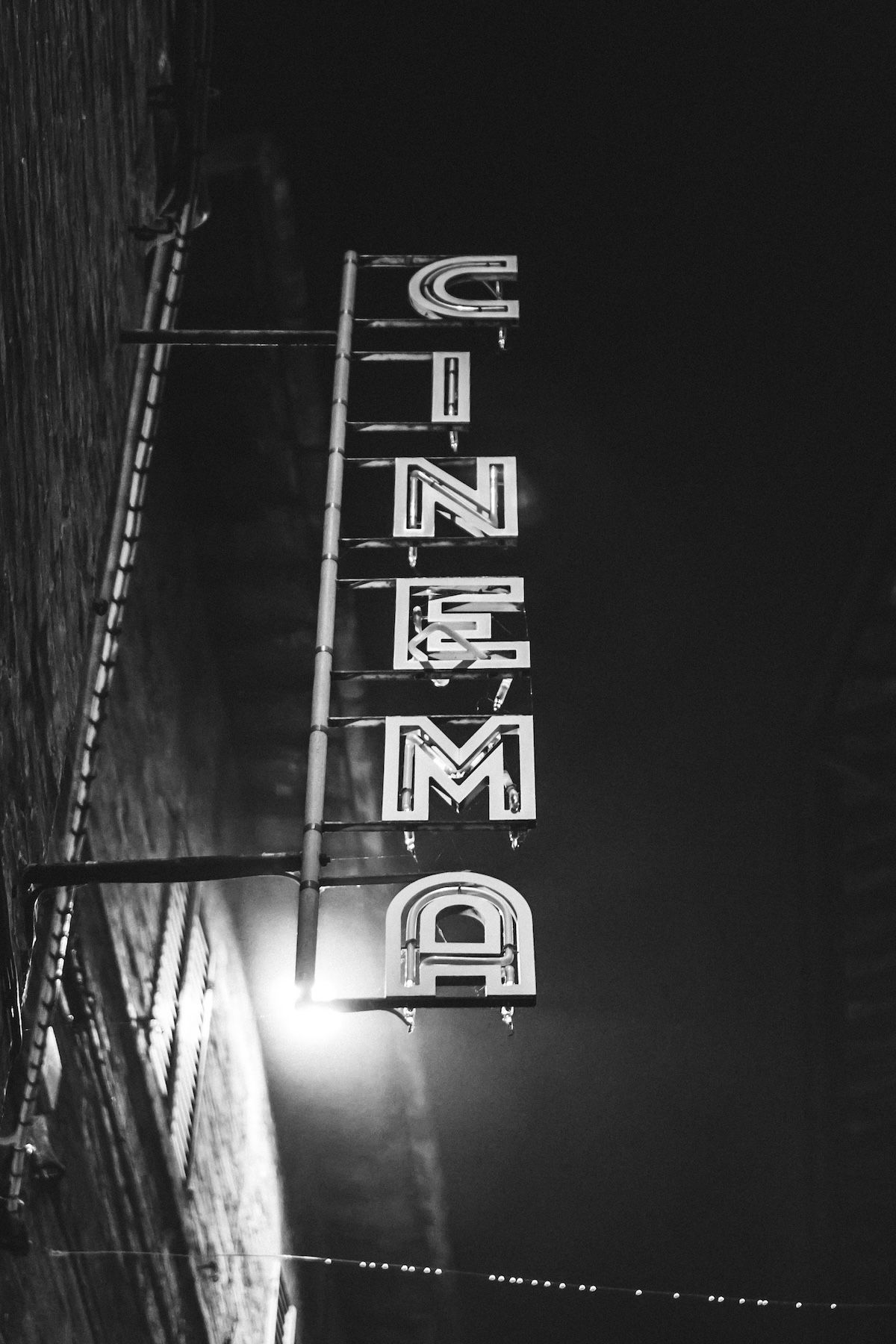
During the Qatar, Argentina, and Chile 2025 Year of Culture, we’re taking a deep dive into Argentinian cinema, exploring its history, cultural impact, and global reach. Audiences in Qatar will get to experience film screenings highlighting the best of Argentinian cinema, from classic masterpieces to contemporary works that reflect the dynamic voices shaping the country’s storytelling today.
Today, cinema in Argentina stands as a pillar of Latin American film culture, producing critically acclaimed feature films that resonate around the world. But what is it that defines Argentinian cinema? How has it evolved? In this article, we’ll explore the history, milestones, major figures, and the enduring cultural power of Argentinian film.
For over a hundred years, Argentinian filmmaking has captured the nation’s cultural shifts, political struggles, and everyday life. From the outset, movies served not only as entertainment but also as a way to portray identity, traditions, and the changing face of society.
Each stage, from the silent period to the Golden Age and the radical New Cinema, contributed to building Argentina’s reputation as a powerhouse of Latin American film. To appreciate the diversity of its cinema today, it helps to revisit these early chapters in its development.
Cinema arrived in Argentina in 1896, just a year after the Lumière brothers debuted their motion picture invention in Paris. Early screenings in Buenos Aires quickly began to draw curious crowds. The first Argentinian-made film, La Bandera Argentina (1897), is credited to French-Argentinian pioneer Eugène Py.
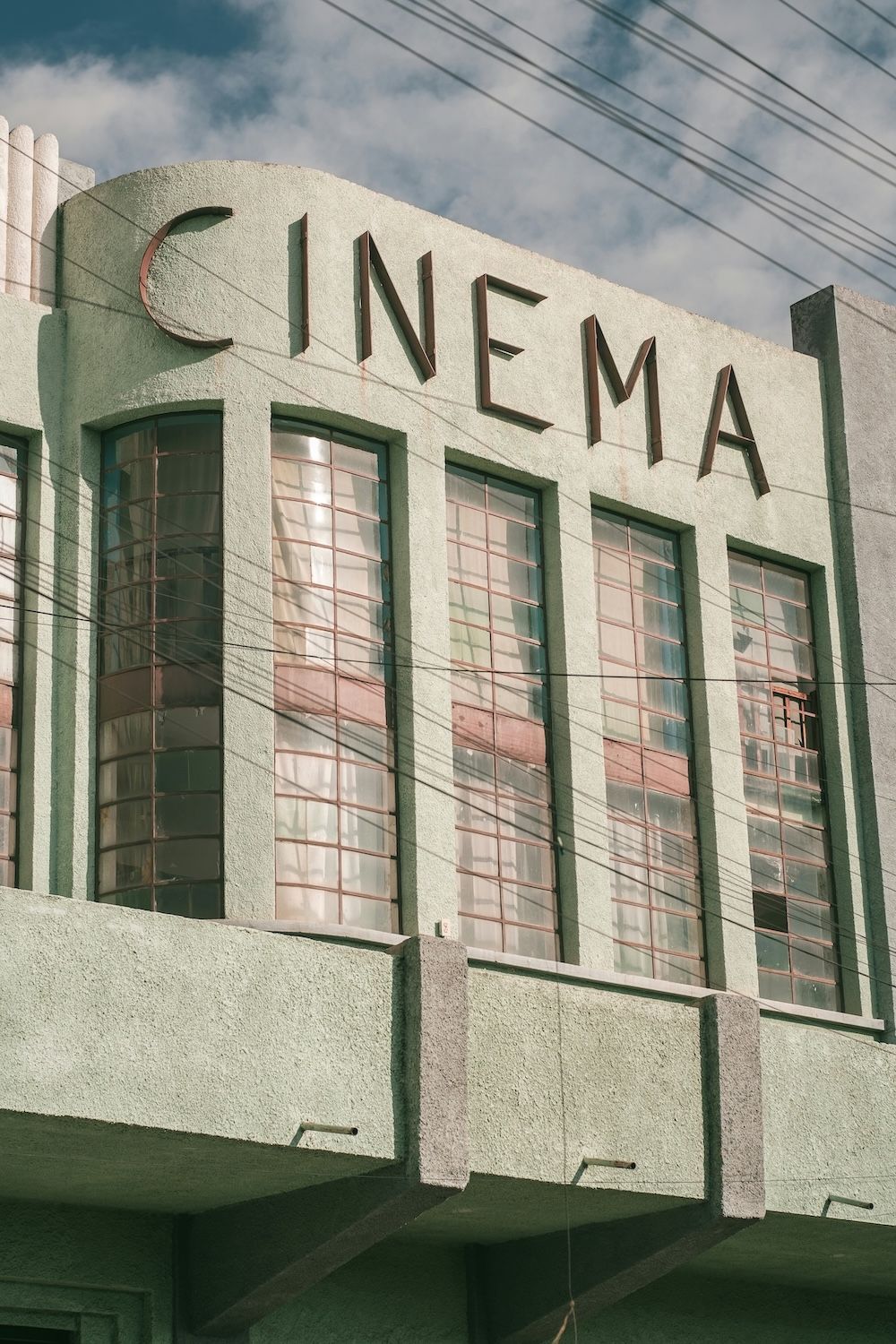
During the silent film era in Argentina, filmmakers experimented with visual storytelling. The 1910s and 1920s saw the creation of moving pictures such as Nobleza Gaucha (1915), inspired by the Argentinian national poem Martín Fierro,depicting rural life and gaucho culture. José A. Ferreyra, later called “the father of Argentinian cinema,” shaped the industry with melodramas that resonated across the country.
Despite limited resources and competition from imported films, these early filmmakers forged uniquely national stories, laying the foundation for Argentina’s cinematic legacy.
By the 1930s, Argentina’s Golden Age of cinema was flourishing, marked by high productivity, international recognition, and new experiments with lighting, synchronised sound and style.
Technological advances opened the door for directors to create more complex narratives, blending music and dialogue with visual storytelling for the first time. Studios such as Lumiton and Argentina Sono Film emerged, employing hundreds of actors, technicians, and directors.
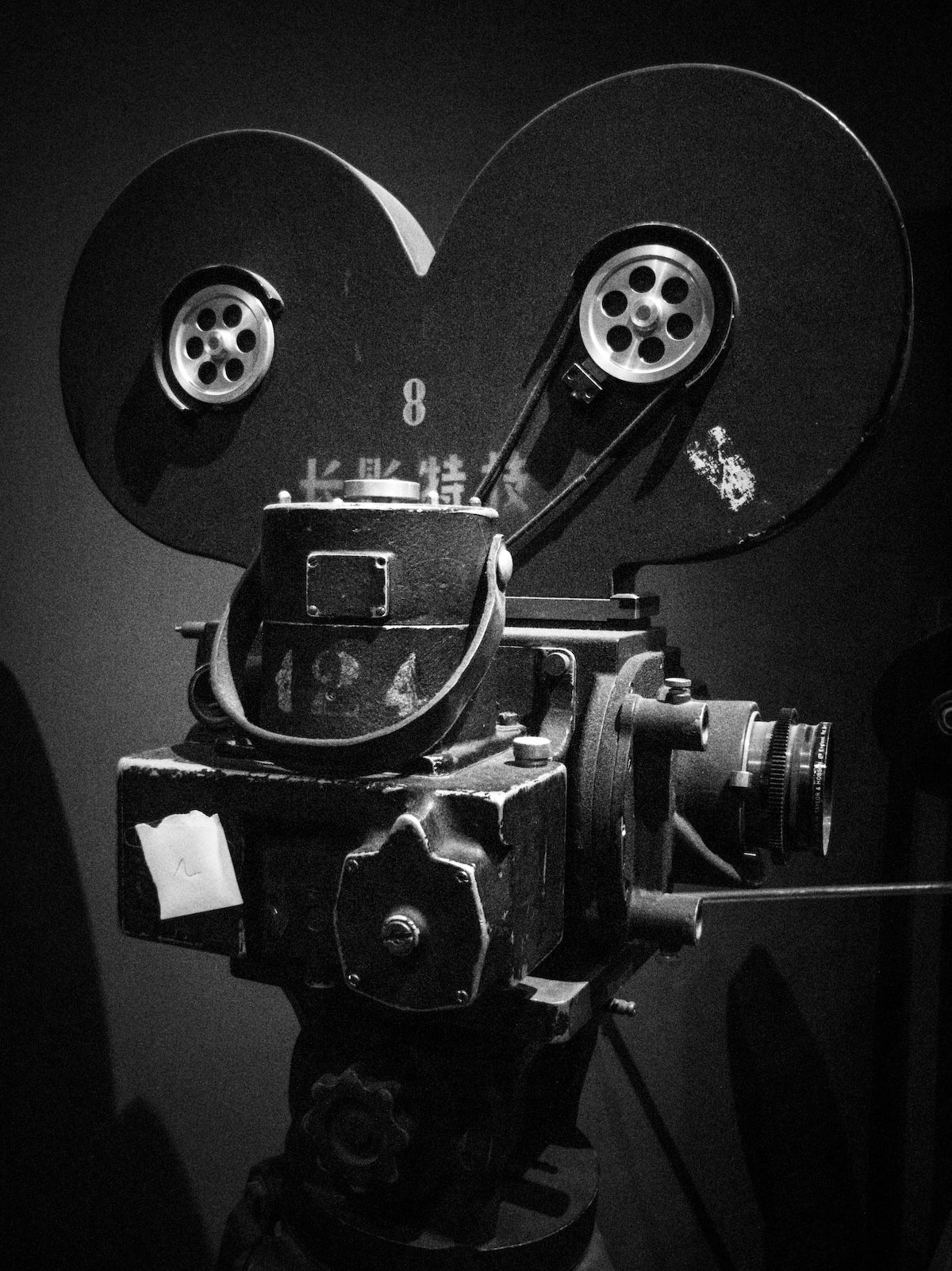
Key films included La Guerra Gaucha (1942), a patriotic epic, and Los Martes, orquídeas (1941), the romantic comedy that launched actress Mirtha Legrand's career. Tango-themed musicals with Carlos Gardel further tied cinema to the national identity of the time.
During this era, Argentinian films reached audiences across Latin America, establishing the country as a regional cultural powerhouse. Its stars became icons of popular culture, while the films themselves explored class struggles, romance, and morality, often echoing the style of Hollywood’s golden age.
The 1960s and 70s saw the rise of New Argentinian Cinema, a movement defined by political engagement, realism, and experimental storytelling that mirrored the tensions that characterised this chapter of Argentina's history.
Directors Fernando Solanas and Octavio Getino led the way with films such as La Hora de los Hornos (1968), a landmark documentary that examined neocolonialism and political violence.
Filmmakers embraced location shooting, non-professional actors, and more authentic stories, using cinema as a tool for critique and reflection. Amid military coups, censorship, and repression, many works adopted an oppositional tone, circulating underground or through alternative networks.

In the 21st century, Argentinian filmmakers have embraced global collaboration and digital platforms, gaining worldwide recognition for their nuanced storytelling and psychological depth.
International successes include Juan José Campanella’s The Secret in Their Eyes (2009), Damián Szifron’s Wild Tales(2014), and Santiago Mitre’s Argentina, 1985 (Oscar-nominated in 2023). Streaming has further expanded this reach, with projects like Netflix’s The Eternaut (2024) sparking renewed interest in Argentina's literary and cinematic legacy.
Argentina has produced films that resonate both domestically and around the world. These famous Argentinian movies showcase the country’s storytelling prowess, artistic innovation, and cultural insight.
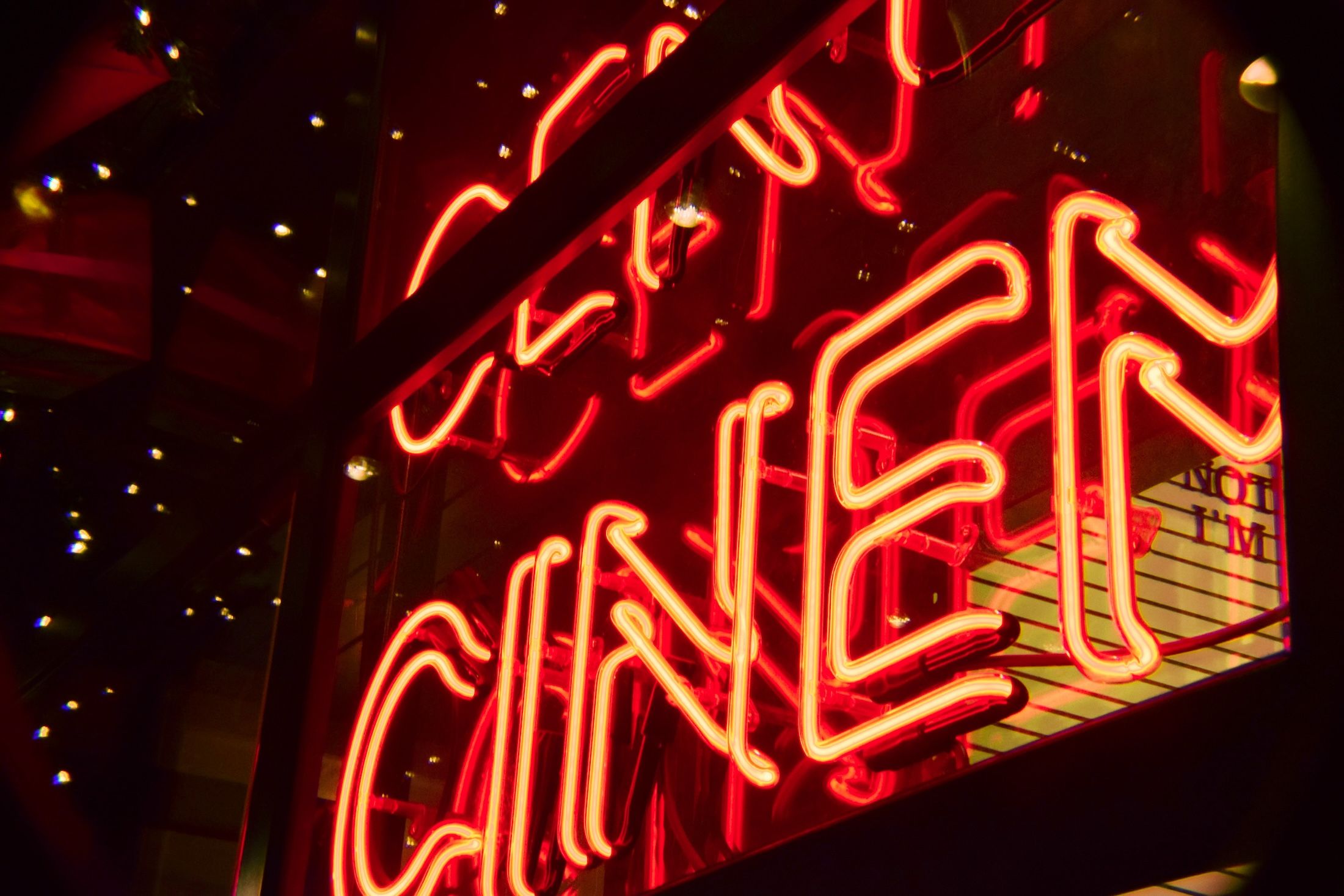
Winner of the Academy Award for Best Foreign Language Film, La Historia Oficial explores the legacy of Argentina’s dictatorship. Its powerful political commentary and emotional depth solidified its status as a classic in world cinema.
Directed by Lucrecia Martel, this influential film offers a haunting portrayal of a dysfunctional family in provincial Argentina. Its fragmented narrative and atmospheric cinematography earned Martel international acclaim and marked a new era of auteur filmmaking.
Often cited as the best Argentinian film, this crime thriller directed by Juan José Campanella won an Academy Award and became a worldwide phenomenon.
A dark comedy anthology, Wild Tales presents six standalone stories exploring themes of revenge, rage, and absurdity in modern life. With its unique tone and sharp social commentary, it became a box-office hit and earned an Oscar nomination for Best Foreign Language Film.
Argentinian directors have played a pivotal role in shaping the global reputation of the country's film industry.
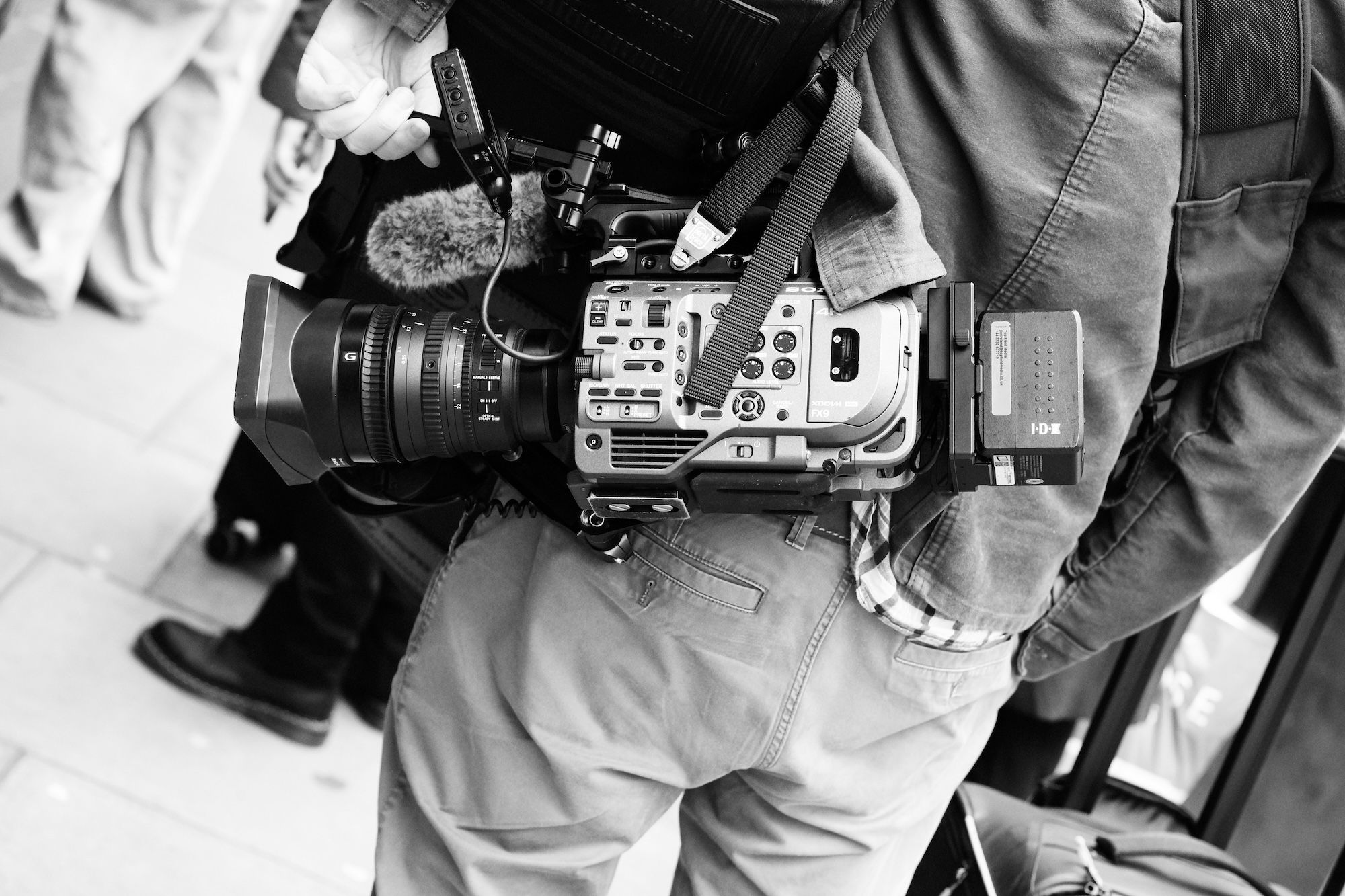
Renowned for her intricate storytelling and sensory-rich filmmaking, Martel has emerged as one of the most influential voices in contemporary cinema, exploring themes of class, identity, and social tension.
With a background in both film and television, Campanella has directed some of the most successful Argentinian moviesof the last two decades. His style blends mainstream appeal with emotional complexity, evident in hits like Son of the Bride and The Secret in Their Eyes.
Creator of Wild Tales, Szifron brings dark humour and social satire to his work. He’s known for his sharp writing and genre-blending, often using suspense and absurdity to critique modern society.
Young voices such as Martín Rejtman, Benjamin Naishtat, and Ana Katz are redefining Argentinian cinema, blending fresh styles with socio-political commentary, ensuring that the country remains at the forefront of Latin American film.
Here are some of the most influential actors and actresses who have shaped, and continue to define, Argentina’s dynamic cinematic landscape:
One of Argentina’s most well-known actresses and an Academy Award nominee, Norma Aleandro gained international fame for her role in The Official Story (1985), which won the nation its first Oscar. She continues to inspire generations of actors with her work across film and stage.
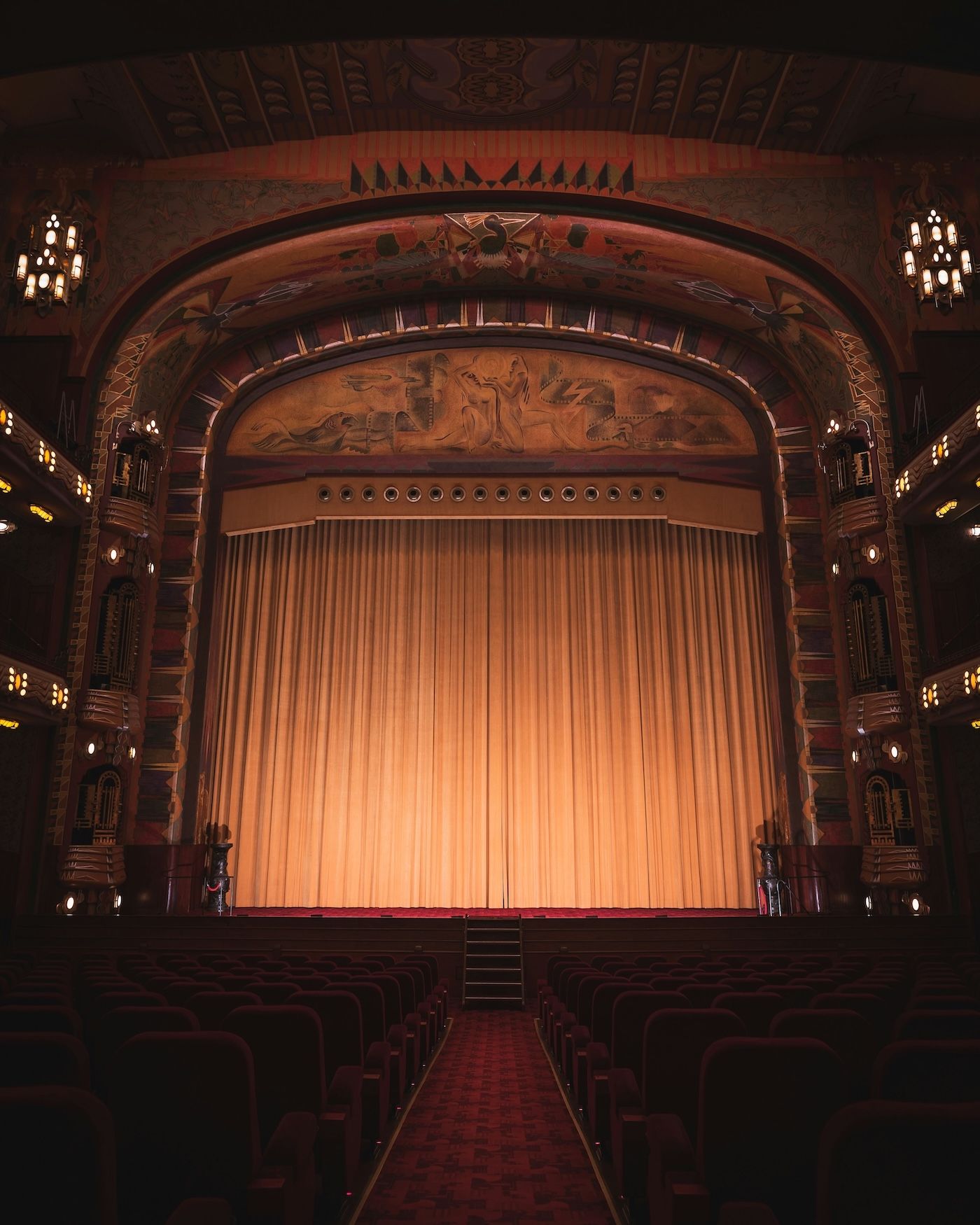
One of the most beloved Argentinian actors, Darín is known for his magnetic screen presence and is internationally recognised for his performances in The Secret in Their Eyes and Wild Tales.
Érica Rivas is one of the most versatile Argentinian actresses, balancing theatre, film, and TV. Best known for her role in Wild Tales, her emotionally charged performances have earned her multiple awards.
Actresses like Cecilia Roth and actors such as Leonardo Sbaraglia have also contributed to Argentina’s reputation for producing world-class talent.
Film festivals play a vital role in promoting Argentinian cinema, both domestically and abroad. These events offer a platform for new talent, provide networking opportunities, and connect Argentina's film community with the broader international industry.
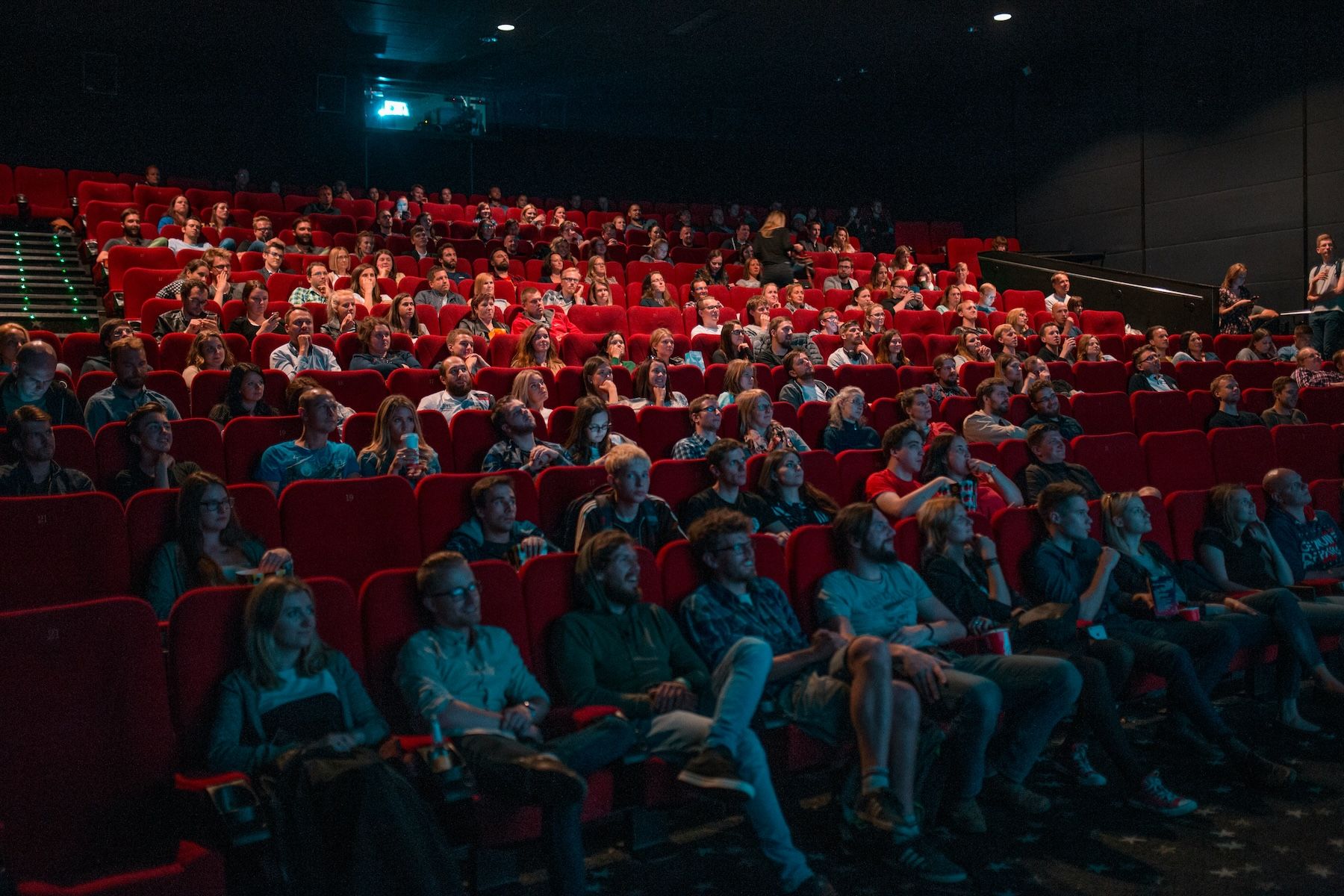
The Mar del Plata International Film Festival is the crown jewel of Argentina's cinematic calendar. Held annually since 1954, it attracts filmmakers from around the world and showcases the best of local and international cinema. It’s also Latin America's only Class A film festival recognised by FIAPF (International Federation of Film Producers Associations).
One of the most important festivals for independent films in Latin America, BAFICI champions experimental and emerging voices. It is known for its vibrant atmosphere and bold programming, drawing cinephiles and critics alike.
Celebrating regional stories and new perspectives, this annual festival held each October is gaining prominence for its focus on supporting local filmmakers and fostering collaboration.
Argentina’s oldest animation festival, held every other year, ANIMA features competitive programming, workshops, and an academic conference for animation professionals and students.
As part of the Qatar, Argentina and Chile 2025 Year of Culture, a series of special events in collaboration with the Doha Film Institute (DFI) have brought Latin American storytelling to audiences in Qatar.
In May 2025, the DFI hosted Social Scenes, featuring recent films from Argentina and Chile. Curated by Violeta Bava, this series of free public screenings explored themes of memory, identity, justice, and resilience, fostering cultural dialogue and appreciation.

From 20th to 28th November, the Doha Film Festival will spotlight emerging filmmakers from Argentina and Chile in a Made in Argentina/Chile showcase.
Youth judges from both countries will also join the Ajyal Youth Jury Exchange, promoting cross-cultural storytelling through film. The programme reflects the dynamic and evolving narratives of cinema in Qatar, and offers audiences in Doha an opportunity to explore both Latin American and Arab creative collaborations.
From silent films to contemporary global successes, Argentinian cinema reflects the nation’s vibrant cultural heritage while resonating with audiences worldwide.
Through the Qatar, Argentina and Chile 2025 Year of Culture, these stories invite viewers in Doha and beyond to connect across cultures, sparking reflection and inspiring new generations of cinema enthusiasts.
As we look ahead, film lovers can stay tuned to upcoming events in Doha and abroad during the Qatar, Argentina and Chile 2025 Year of Culture.